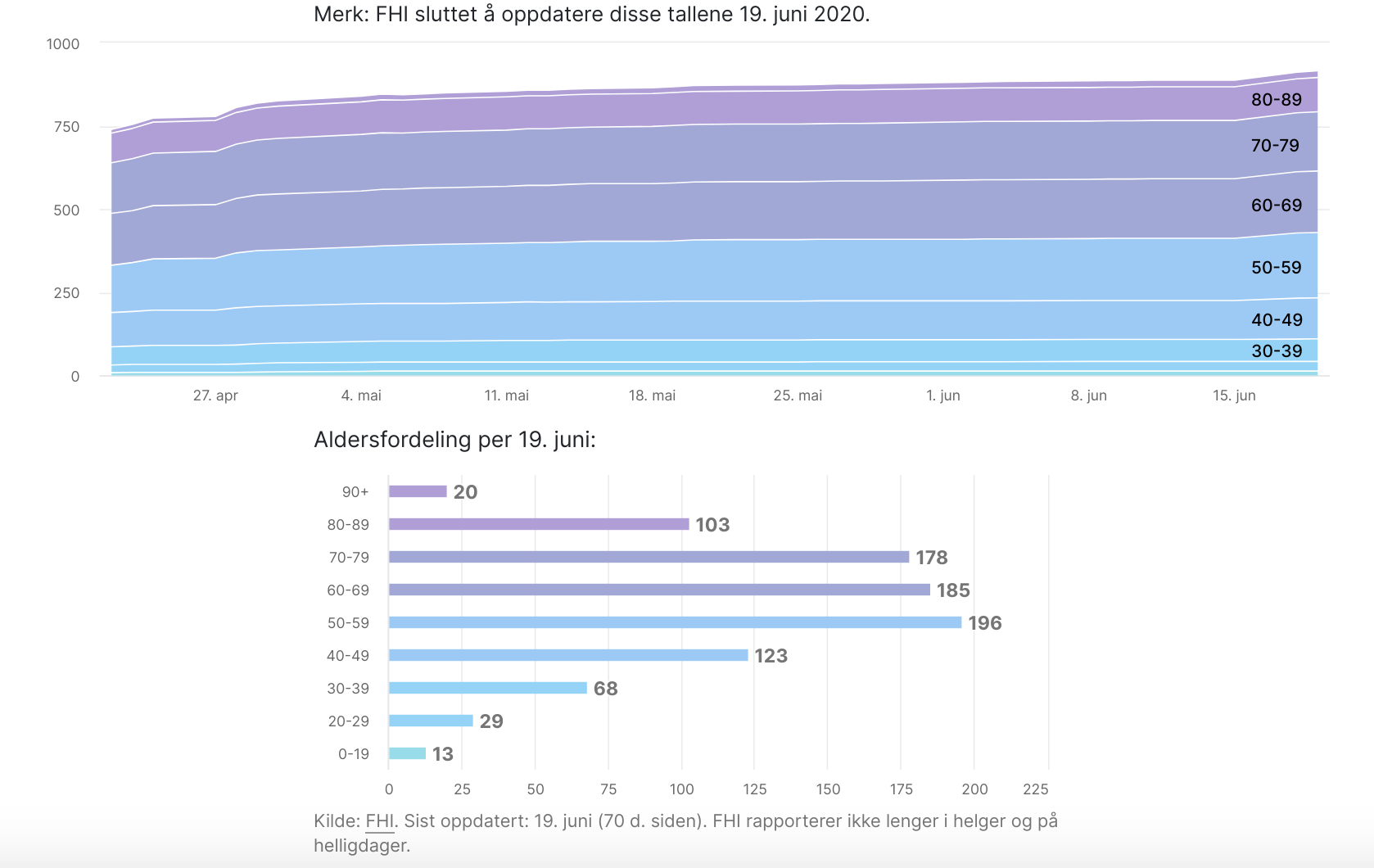
Centers for Disease Control and Prevention, which says that fully vaccinated people-those who are at least two weeks out from their second Pfizer-BioNTech or Moderna dose, or the single-dose Johnson & Johnson shot-can visit with unvaccinated people from a single household. Are boosters the same as the original shots? A vaccinated person who gets infected is more than 10 times less likely to die or require hospitalization than an unvaccinated person who gets sick, the agency says.

As of mid-August, by which time Delta had become the dominant strain in the U.S., all three authorized shots were still at least 70% effective against hospitalization, according to CDC data.
#Nytimes corona tracker full
A booster shot, some experts argue, could bring it back up to full strength.īut there is also lots of data suggesting that vaccines continue to work well even without a booster. in its vaccine rollout), to suggest vaccine-derived immunity wanes over time. There are some data, both from vaccine makers and researchers in Israel (which is ahead of the U.S. Scientists have long said the same might end up being true of COVID-19 shots, to ensure they offer the strongest and most durable protection possible. Lots of vaccines either require booster doses or, like the flu shot, are given annually. Research is ongoing, but those findings suggest vaccinated people are much less likely to spread the virus than non-vaccinated people. One recent study found that both two-dose vaccines were 90% effective at stopping not just COVID-19 disease, but also infections. Those guidelines are based on increasingly promising science that suggests COVID-19 shots slow transmission of the virus, as well as symptomatic illnesses. Now, the agency suggests "If you are fully vaccinated, to maximize protection from the Delta variant and prevent possibly spreading it to others, wear a mask indoors in public if you are in an area of substantial or high transmission." The spread of the Delta variant, however, led the CDC to reconsider its earlier guidance that fully vaccinated people could go maskless indoors. Centers for Disease Control and Prevention guidelines, fully vaccinated people (those who received their final shot at least two weeks prior) can now go maskless outdoors and travel with minimal risk to themselves. How will I keep track of which vaccine I got and when? authorizing third doses while so many in poorer parts of the world have yet to get a single shot. Meanwhile, many international leaders, including the World Health Organization, have expressed concern about wealthy countries like the U.S. Adults who work in high-risk settings, such as schools or medical facilities, and received the Pfizer vaccine at least six months ago.īoosters aren’t currently recommended for anyone else in the U.S., though regulators and CDC officials will soon decide if any Moderna and Johnson & Johnson recipients should also get extra doses.Adults younger than 50 with underlying medical conditions who received the Pfizer vaccine at least six month ago.The CDC also said some people have the option of receiving a booster if they want to based on personal circumstances or preferences. Adults 50 and older with underlying medical conditions who got the Pfizer vaccine at least six months ago.Residents of long-term-care facilities and adults 65 and older who got the Pfizer vaccine at least six months ago.Moderately to severely immunocompromised individuals who received a full course of either the Pfizer-BioNTech or Moderna vaccine.The CDC has so far recommended boosters only for certain people. But the plan has changed since then, based on the recommendations of the FDA, CDC and their advisory committees. In August, the White House announced a plan to offer boosters to all adults as early as September. Can I get a first dose of one vaccine, and a second dose of another?

Studies show that it is 85% effective at preventing severe disease. Johnson & Johnson's shot, however, is meant to be given in a single dose. ( Some recent research suggests at least 10 weeks, but more studies are required.) To get the vaccine's full benefits, you need both doses. In other words, it's not clear how long that protection lasts. Recent research from the CDC says a single dose provides about 80% protection against infection, but "it's a bit of a tenuous 80%," according to National Institute of Allergy and Infectious Diseases Director Dr. When you receive the first dose of a two-dose vaccine, it kick-starts your body’s immune system the second significantly strengthens your immune response. Both are designed to be given in two separate doses, a few weeks apart. If you are vaccinated with the Pfizer-BioNTech or Moderna shots, you will not be fully protected with one dose.


 0 kommentar(er)
0 kommentar(er)
